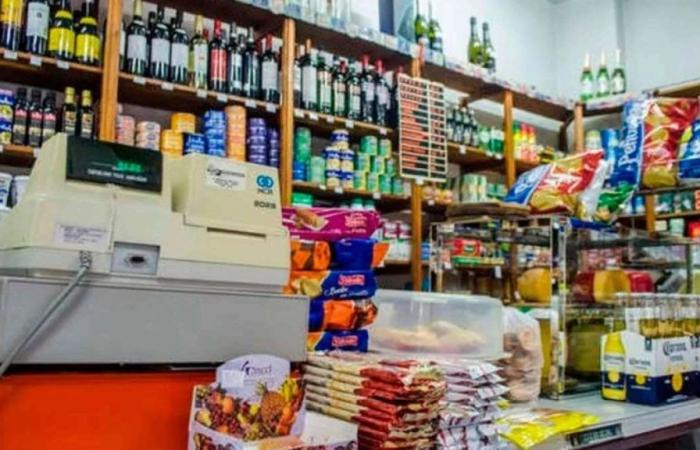
A bus company in Viedma fired a man after verifying that during his leave for being a risk group in the covid pandemic he worked in a warehouse. The Superior Court of Justice of Río Negro confirmed the first instance ruling and denied a request by the former employee to declare the dismissal unjustified.
In the middle of the pandemic, the worker requested leave from the company because he was a risky person. He was covered by the regulations for this request. However, towards the end of November, through a notary’s certification, it was found that he served the public in a market in the 915 Homes neighborhood of Viedma. The company notified him “of the termination of the employment contract with just cause.”
It was proven that the man’s address was not the same as that of the premises where his presence was confirmed. His house was several blocks from the business.
“This conduct represented unfair behavior by the worker, sufficiently insulting to justify the decision,” says the first instance ruling. That is why he rejected all the compensation items claimed.
For his part, the worker alleged that the company was hasty in dismissing him “without allowing him to make a defense,” for what he considered to be “a disproportionate and arbitrary dismissal.”
The Superior Court of Justice rejected the appeal. He said that the worker “factual and evidentiary circumstances” that are already in the case and “that by nature are clearly unrelated to the extraordinary appeal stage.”
He recalled that “the loss of trust (which in the present case would find its origin in the unfair behavior of the worker that is sufficiently insulting) can justify a termination measure under the terms of article 242 of the LCT, when that subjective assessment is the result of duly proven objective circumstances, and not a mere hypothesis.”
Thus, it confirmed that “the Court of origin has assessed the objective facts that formed its conviction on the justification of the grounds for dismissal, considering it proven that the actor’s real address does not coincide with that of the warehouse and that he was working there while the “He was on leave from the company because he was a risk person in the face of the Covid-19 pandemic.”
Thus, the approach to the appeal “constitutes nothing more than a subjectively different vision of the assessment made by the sentencing judge, which fails to destroy the logical reasoning carried out by the Court of Appeal, nor to demonstrate the omission or erroneous evaluation of the evidentiary elements.” collected,” concluded the STJ.
Source: Directorate of Judicial Communication – Judicial Branch of Río Negro





